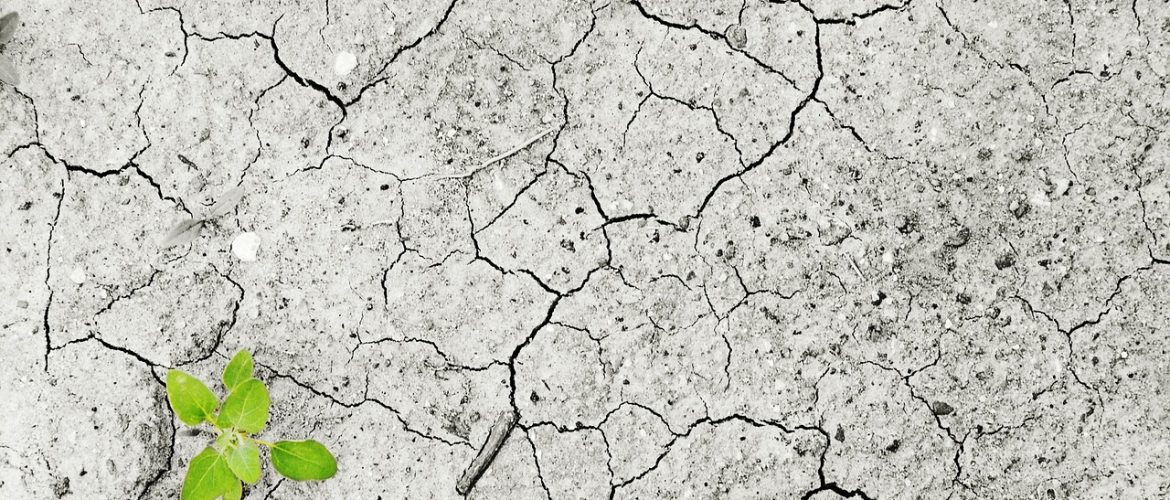Extreme weather phenomena are shaping a new reality that requires immediate political action to mitigate and adapt to climate change. Journalist Rachel Knaebel, in her article entitled “Canicules et incendies : l’Europe du Sud se réveille face au changement climatique” for the independent French investigative media Basta! discusses with organizations and politicians from the countries of the European South, from Portugal to Greece, and maps the “face” of climate change with the unprecedented high temperatures and heavy rainfall, the risks to human life, ecosystems and agricultural production, but also the initiatives at national level for climate action and the energy transition away from the polluting fossil fuels.
Among them, Nikos Mantzaris was asked to comment on Greece’s policy on climate change mitigation following the announcement of Greece’s decarbonization and the gradual transition of the country’s energy model to renewable energy sources. Citing data from The Green Tank analyses, he argued that “Greece’s climate performance has improved almost entirely due to the reduction of lignite in the domestic electricity mix”. At the same time, the country has significantly accelerated the transition to renewable energy sources, while the number of projects by citizens or communities for renewable energy is increasing; a development that is primarily the effect of the energy crisis as “people saw their energy bills skyrocket and made the connection with the increase in gas and electricity prices”.
Finally, Nikos Mantzaris expressed his concern about the fact that natural gas still accounts for 24% of Greek electricity consumption, although its share is constantly decreasing. He stressed the great discrepancy between the country’s performance during the crisis which shows the ability of Greece to become independent from fossil gas, and the political decisions moving in the opposite direction that seek to strengthen its use:
“There are plans to install three more gas-fired power plants, five LNG terminals and to expand the use of fossil gas for heating. There is a gap between what we see in practice, the ability of the country to get rid of our dependence on fossil gas, and what is being decided for the country’s energy future at the political level.”
The article was published on September 11, 2023, and it is available at Basta! in French.



















































































































































































































































































































